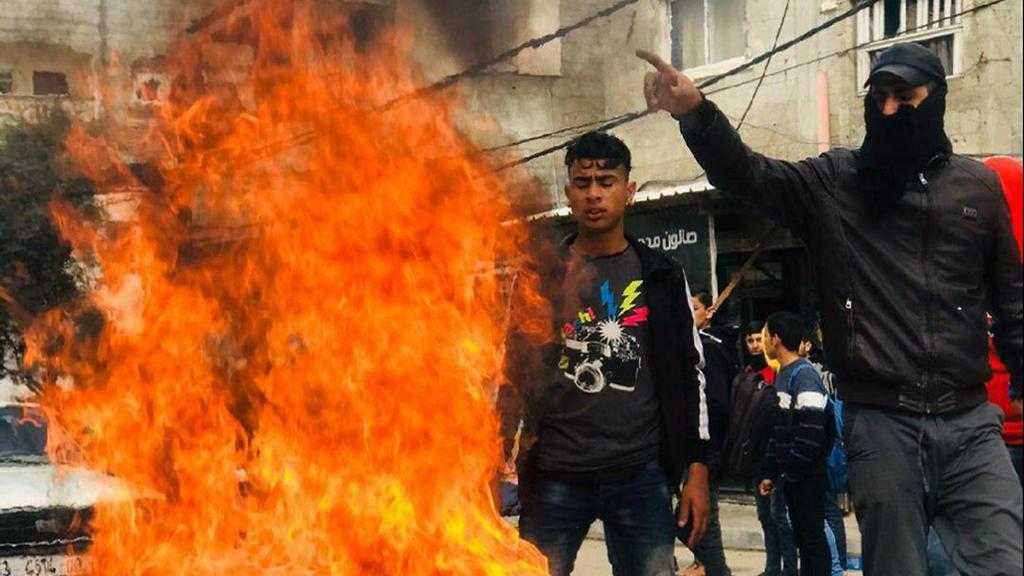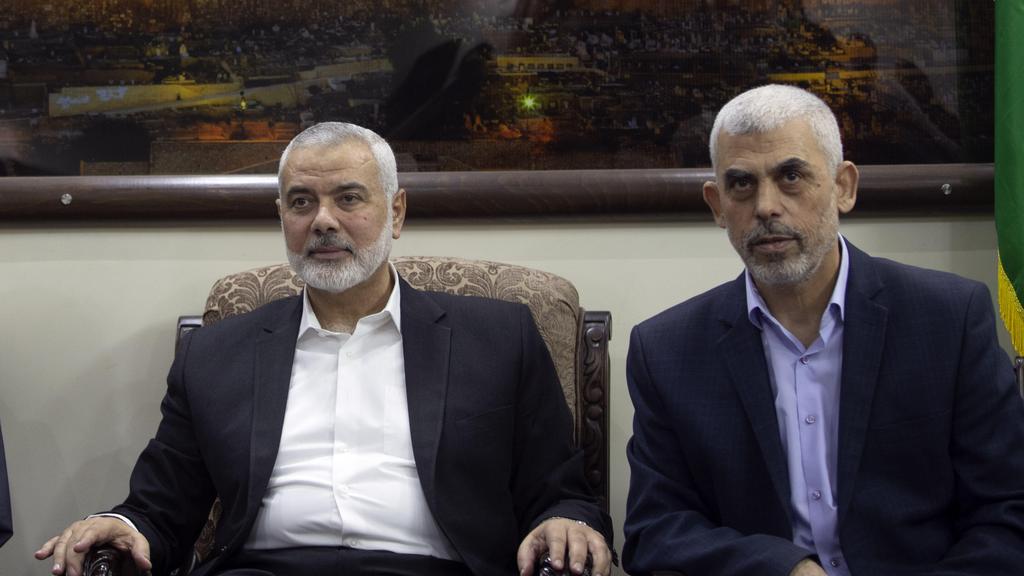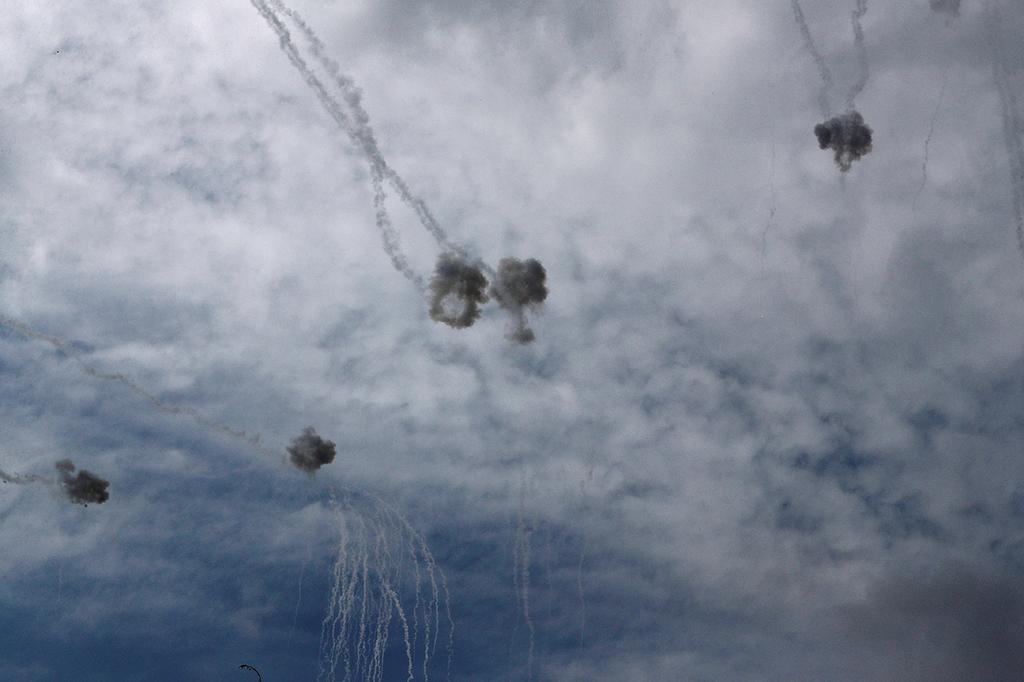Getting your Trinity Audio player ready...
As distasteful as it is, there is some logic to Defense Minister Naftali Bennett's idea of collecting the remains of slain terrorists to use as a bargaining chip.
In 2011, Israel freed more than 1,000 prisoners - many with Israeli blood on their hands - in order to gain the freedom of captive IDF soldier Gilad Shalit, who had been held in Gaza for five years.
Assuming no future government would agree to such terms again, recovering the two civilians and the bodies of two fallen soldiers now held in Gaza would mean different concessions. These concessions would likely include handing over prisoners who were not involved in killing Israelis, lifting restrictions on Gaza and returning the remains of militants held by Israel.
The footage of the IDF removing the body of a militant who was killed by troops while planting a bomb near the border fence was hard to watch, and shocked and humiliated the Palestinians in the Strip.
Social media erupted with criticism of Hamas for the incident and protesters in the enclave's refugee camps took to the streets, burning tires to express their anger.
Hours later, the head of Islamic Jihad's military wing posted passages from the Quran on his Twitter account, indicating the evening hours would be anything but calm.
This uptick of violence from Gaza, which is now a tradition on the eve of Israeli elections, comes despite extraordinary efforts on the part of the government in Jerusalem to achieve a long-term understanding for calm with Hamas.
On offer are work permits in Israel for Gaza residents, a monthly stipend of $100 for 120,000 families in need, all-expenses-paid weddings for ageing Gazan men, house renovations, a new hospital in Rafah and more.
But this still does not appear to be enough for Hamas, which is unable to bring itself to rein in Islamic Jihad.
This is the group's modus operandi. Whenever its demands are not met, it reverts to violence and for two good reasons: Firstly it realizes that Israel responds to the use of force, and an outbreak of violence can ensure it will fulfill its commitments; and secondly the terror group is reluctant to give up such a vital aspect of its identity as its resistance to Israel.
But Hamas maintains a rocky relationship with Egypt - and Israel has even found itself intervening with Qatar to ensure its money keeps flowing into Gaza.
On the other hand, Hamas would never risk its relationship with Iran, which despite its current sanctions-induced economic weakness sponsors both it and Islamic Jihad.
Israel is reluctant to go to war with Gaza. One or two leaders can remember the immediate aftermath of the 2014 war, when they were repeatedly pressed whether all diplomatic options had been tried before the fighting began.
Yet it is only in the past two years, as negotiations for a long-term agreement take place, that for the first time in its history Israel's answer to that question would be a resounding yes.





